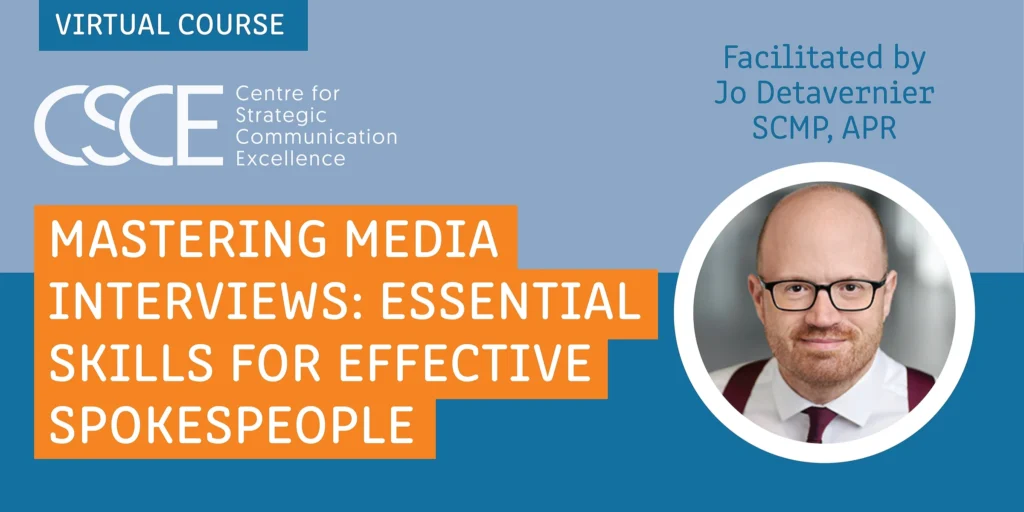
I am fortunate enough to spend my working life in conversation with hard-working, committed and caring committed human beings, working at all levels in organisations that are variously reviewing, embedding and discussing the role of ‘values’ and ‘ethics’ in their companies.
Emerging from the heart of all of these interactions is a deeply held belief that “we are all ethical people” and along the way there is a greater (more usually), or lesser degree of scepticism that a conversation about ethics at work or values-based leadership is a good use of time.
Naturally, therefore, I am very struck by a couple of aspects in particular about what now turns out to be the downfall of one of our most high profile PR agencies. It has also led me to reflect on the role of our industry bodies with whom individually and corporately, we willingly align our corporate reputations.
First, let me focus on the sorry tale of Bell Pottinger. I have searched, to no avail, for the values that James Henderson referred to in his 6 July statement about Oakbay Capital, in which he concludes that the now infamous social media campaign started, presumably, by a Bell Pottinger team, “… is a matter of profound regret and in no way reflects the values of Bell Pottinger…”
Coincidentally, Kevin Murray posited last month on the value of values, and said: “(they) …should become the deeply held beliefs that guide all of the company’s actions, creating a moral compass that guides all decisions, at every level of the organization, always. Once decided on they should be sacrosanct, never compromised for convenience or short-term gain.”
Well said, and at the heart of all of my client conversations! Certainly James Henderson was apparently clear about Bell Pottinger’s core values. He was able to state with some passion that certain actions did not align with his company’s values. “So what were they?” I asked myself, and were they so much a part of the company’s DNA, that everyone knew precisely what the company’s immutable moral compass was, particularly when it came to making tough decisions?
Where does the responsibility of professional associations begin and end?
We can only speculate now, because it’s all rather too late for the 240 staff (and 50 partners) to whom they also offered ‘opportunities for professional growth and development’. Shame on the ‘care less’ attitude of the company’s leaders to both that commitment and their people. How exactly were the values in play when considering the impact of the behaviours and decisions that have come to light? It’s very hard to tell and the most significant impact has been on the lives of real human beings who I have no doubt were trying to do their best and who now have to rebuild their working lives. This is the direct responsibility of those leaders and in any organisation the minute that people are consciously, or unconsciously, treated as a means to an end (in spite of fancy rhetoric), there will ultimately be consequences. As a demonstration of Bell Pottinger’s core values, the impact of the empty rhetoric is clear.
This sorry tale has also prompted me to think about the role of industry associations. The PRCA reacted promptly and decisively once they had investigated a formal complaint against Bell Pottinger and it was heartening to see the Association stand so publicly in front of its decision.
As a member of the International Association of Business Communicators and Chair of the Ethics Task Force a couple of years ago, my colleagues and I debated the meaning of our Association Code of Ethics long and hard, particularly when it came to the role of the Association in holding members to account for unethical practice. (Here I am speaking personally, and not on behalf of the IABC.)
I don’t doubt that all Associations are committed to implementing their Codes, but where does that responsibility begin and end? I would like to think that this most topical story has woken everyone up to the fact that we may now have to take a different and possibly more courageous stance. What should that be?
We have an inherent conflict of interest, because members pay dues and these are a significant chunk of any Association’s income. However, the Codes that I have read all say, in essence, that the role of the Association is to uphold the integrity of its Industry – laudable and commendable, but enforceable? Should Associations hold their members to account for unethical decisions and behaviours? Can Associations demand that members provide evidence of putting values into action – proving a reality behind the rhetoric? Is it reasonable to expect Associations to monitor and assess the ethical commitments of its members? Do Associations have to wait for formal complaints or should they be proactive in challenging ‘reported’ or even alleged unethical practice?
These are dilemmas which we fail to address at our peril. In tackling them, the Associations can put themselves at the forefront of the change that surely has to come. There is no room for complacency. This week’s story is of Bell Pottinger, but there is even more at stake. This is a wake-up call for the industry. Above all else, we need to get it right for the sake of the hard-working people who really do care about values at work.






